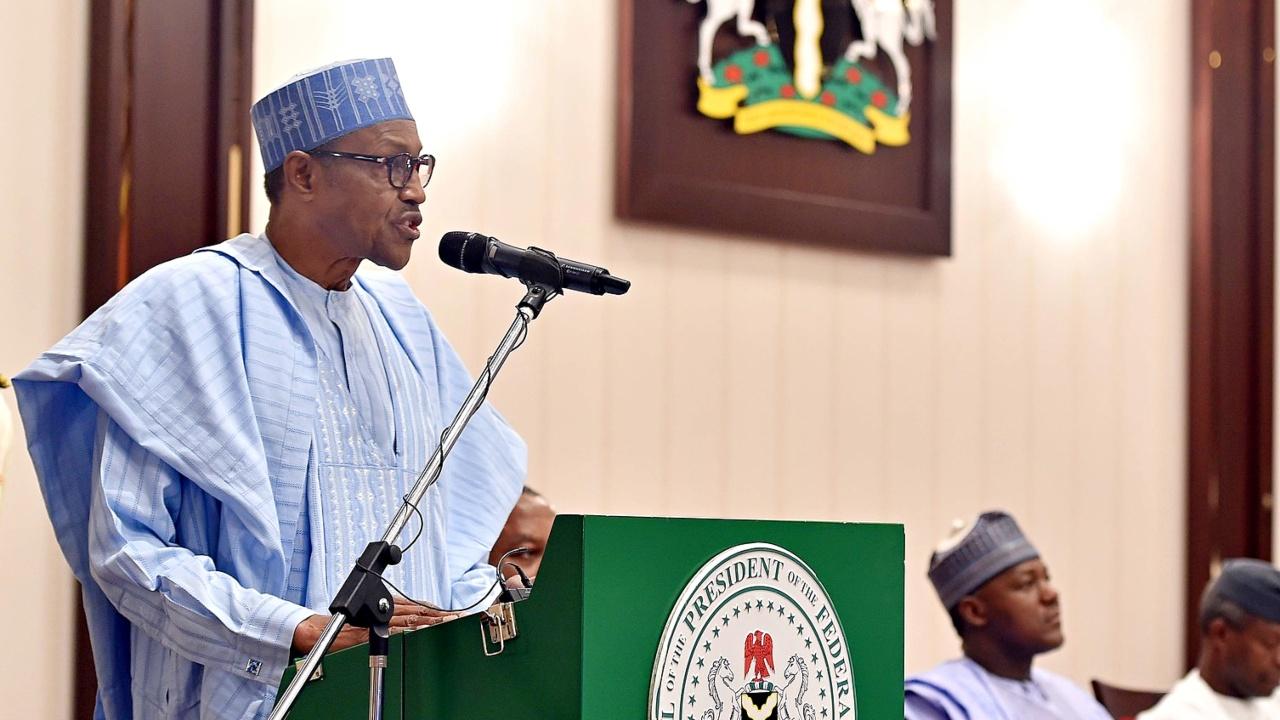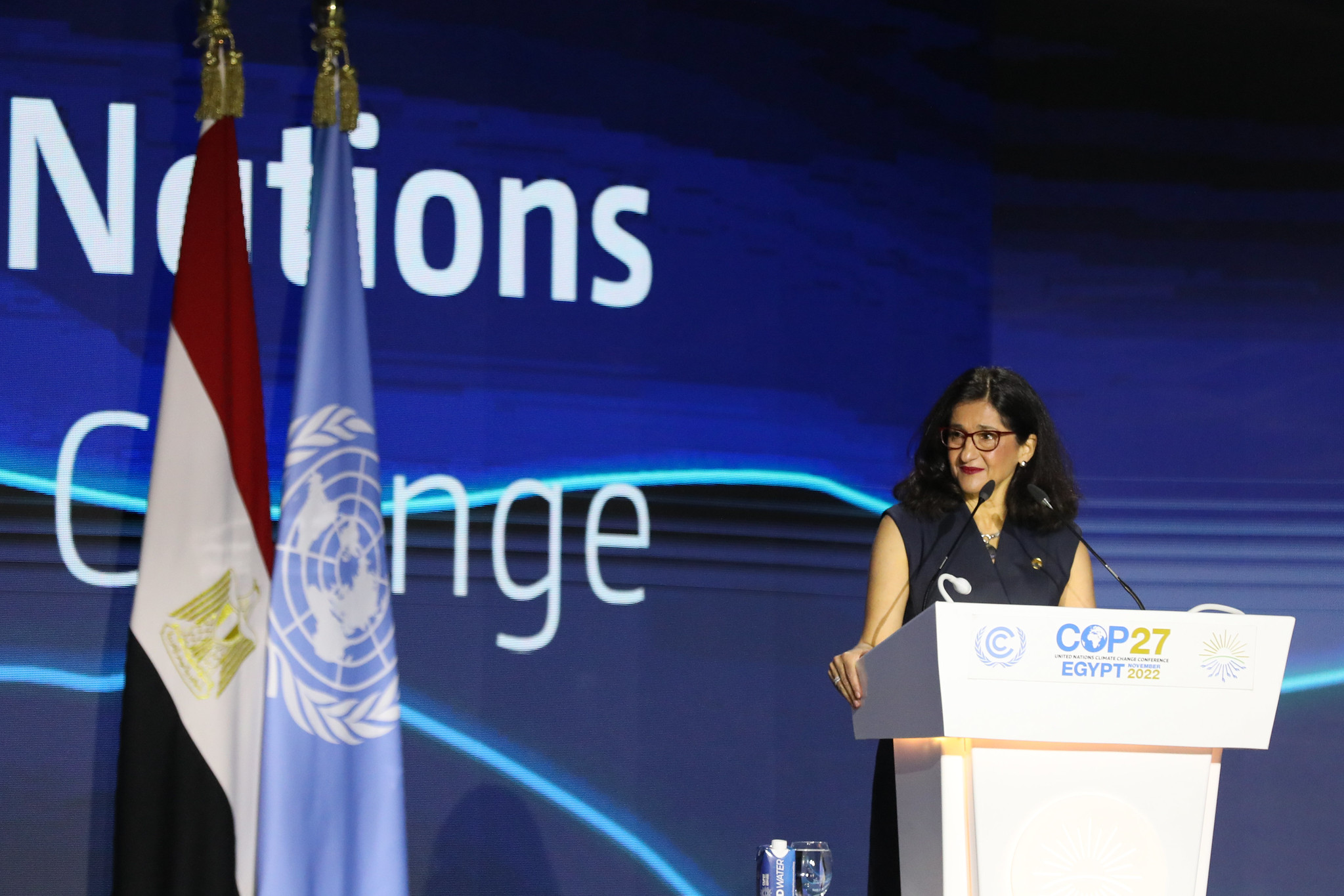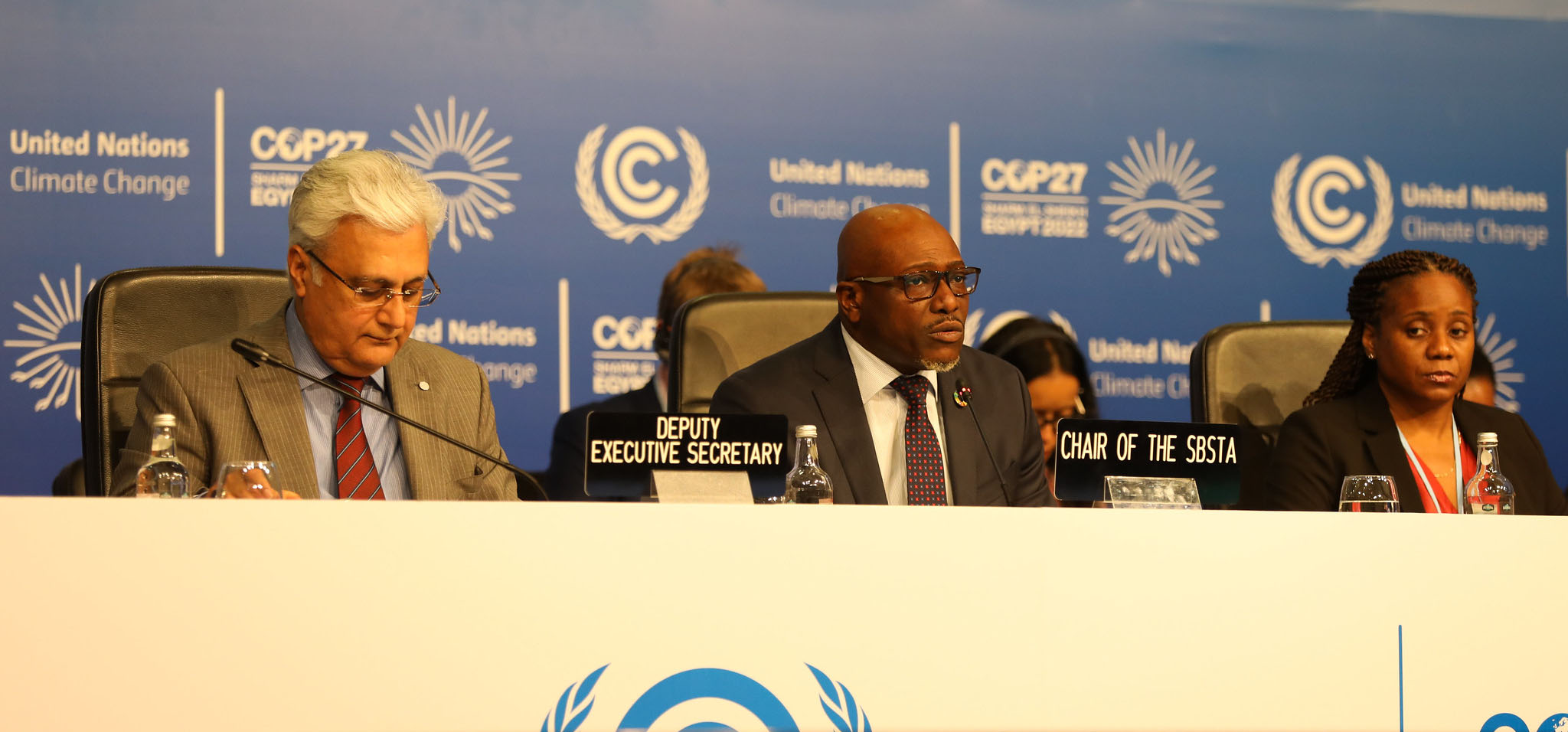Ogoniland in the Niger Delta region, is one of the most polluted places on earth. It has suffered contamination and environmental devastation due to multiple oil spills. After years of community agitation and civil society advocacy, the United Nations Environmental Program (UNEP) conducted a comprehensive assessment of the extent of the damage and recommended a program for remediation and restoration.
The scale of the challenge was massive. UNEP claimed that it could take up to 30 years and cost $1 billion in the first five years alone to clean up the Niger Delta. The release of its report in August 2011 brought initial relief and excitement that action would be undertaken to safeguard the health of locals and support the sustainable development challenges facing the area.
Unfortunately, the project has been bedeviled by mismanagement, incompetence, and a lack of transparency, fuelling speculations that Ogoniland could end up dirtier than before the “clean-up” commenced.
Quality control and contracts
Concerns have been mounting about the quality and credibility of the clean-up. The participation of UNEP has been a source of credibility and oversight to the clean-up process, but their services have come at a cost of $4 million a year. UNEP recently passed a vote of no confidence in the Hydrocarbon Pollution Remediation Project (HYPREP), who are operating the clean-up project, insisting that the agency has structural flaws that renders it incapable of successfully implementing the project. For example most of the decision making still takes place far away in Abuja as a result of bureaucracy. As a result, there are strong indications that UNEP, whose technical expertise enabled the smooth take-off of the project, may withdraw their support by the end of 2022, raising concerns about the institutional oversight of the project.
Accusations of conflict of interest and capture against Shell
Although several of the oil spills that have polluted the region have come from Shell’s infrastructure, the company managed to get a vital role on HYPREP’s oversight organ known as the governing council. Coincidentally, one of the most influential directors in HYPREP, Mr. Phillip Shekwolo, is a former employee of Shell. His presence has raised fears that Shell will be able to avoid full scrutiny over their role in the polluting of the regions. There are also concerns about the regulatory agency with supervisory responsibilities over HYPREP. The Nigerian Oil Spill Detection and Response Agency (NOSDRA), has a poor regulatory record and according to multiple sources NOSDRA does not have the equipment or resources to carry out its assignments and relies on oil companies for logistic support. There have been instances where the causes of spills are misreported. This has led to suspicions that NOSDRA may deliberately lower their standards to favour Shell. Civil society organizations once called for the review of the act that established the agency due to a lack of effectiveness. Curiously the current head of NOSDRA was formerly the Director of Operations in HYPREP before his appointment.
Concerns creating funding pressure
Prominent representatives of the local Ogoni community consider the cleanup efforts made so far as unsatisfactory, with little to show for the $200 million already spent. Despite allegations of corruption and mismanagement, those in charge of HYPREP appear to be proceeding as if all is well. Elders from the community had called for caution about how HYPREP manages the funds allocated to it. Partners are reportedly under pressure to release another $300 million to fund contracts and consultancies. Some governing council members overseeing the project are alarmed after media reports have revealed that clean-up contracts worth 690 million naira were once awarded to unqualified firms. Many fear that part of the $300 million could be converted to slush funds for the upcoming elections. Such perception could further jeopardise the reputation of the project. Recently a mild drama accompanied an aborted effort to transfer HYPREP from the Ministry of Environment, where it is currently domiciled, to the Ministry of Niger Delta Affairs. The motive of the purported attempt remains unclear. However, the move sparked outrage and opposition among stakeholders, including many groups in Ogoni. It was later halted after the legal position was clarified. Although nothing may come of the move it has added to perceptions of chaos and suspicion surrounding the project.
Mismanagement of expectations
Mismanagement is not the only reason for discontent about the project. Stakeholders suggest that there is a mismatch between the expectations of local people, and what the clean-up can deliver. Before the project began, many expected direct financial compensation similar to the terms granted to the Bodo community. In 2015, a few months before the inauguration of HYPREP, Shell announced a payout of 55 million pounds, to about 15,600 farmers and fishermen from the Bodo community whose livelihoods has been devastated by oil spills in 2008 and 2009. The communities had alleged that the spills occurred due to old and poorly maintained oil pipelines. Shell accepted liability, and each member of the community who was 18 years and above reportedly received about £2,100 each.
In 2021, another Dutch court ordered Shell to compensate farmers in Goi and Oruma communities for losses incurred due to oil spills in 2004 and 2005. A compensation of $111 million, approximately 45 billion naira, was later awarded to the claimants. At the time of writing, no financial compensation has been announced for the people of Ogoniland.
Sceptics consider the validity of the cleanup
The Ogoniland clean-up project has at last begun, but the pace remains slow. Many continue to insist that the initial efforts should have targeted the restoration of the people’s livelihood, while others claim that cleaning up Ogoniland while ignoring the rest of the delta is a waste of resources due to its interconnected waterways. As a result of mismanagement and a lack of community engagement, the project does not generate the same widespread excitement that greeted the release of the UNEP report a decade ago. It is doubtful that the $1 billion initially committed to HYPREP will achieve its objectives. As environmental loss and damage dominated the debate at COP27 in Egypt and countries get set to prioritise demands for compensation, the oil companies who polluted the Niger Delta should be made to pay their ecological debt. With many of the international oil companies divesting away from onshore to deep offshore locations, it is doubtful if the local companies taking over the assets will have the willingness or the resources to tackle such toxic legacy.
Photo credit: Terry Whalebone used under CC BY 2.0






This is a great piece that captures the many challenges of Hyprep and the wider Niger Delta. The technology exists to make rapid progress in these contaminated areas. However, the level of corruption is unbelievable and has impeded achieving any reasonable results. Unless Nigeria is able to contain the corruption – or at least link it to success rather than pure upfront theft – there is no way any international fund will backstop these cleanup efforts – nor should they. If UNEP and the other involved NGOs back-out – the good people of Ogoni will continue to suffer.